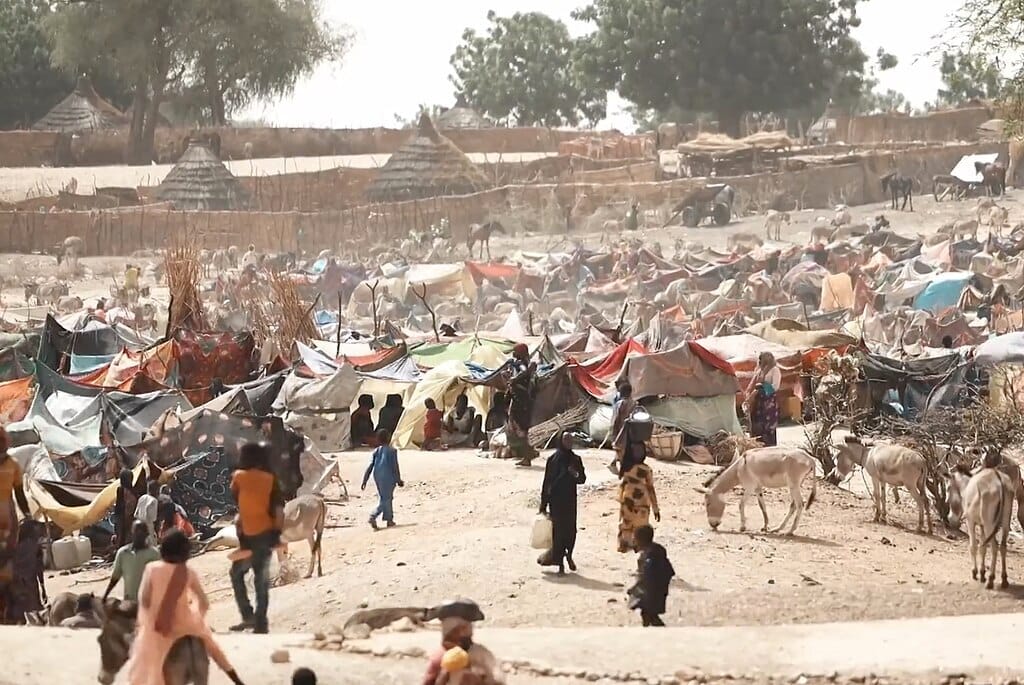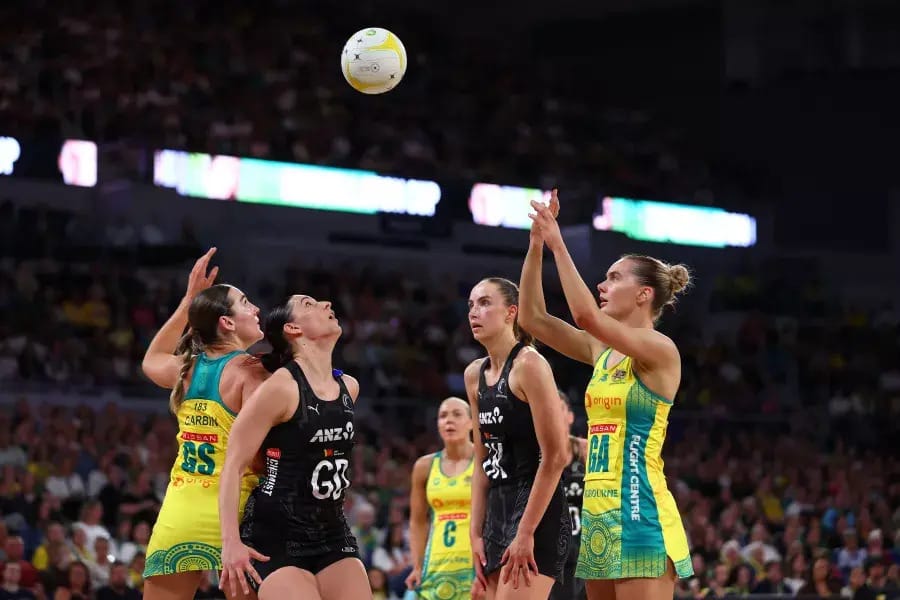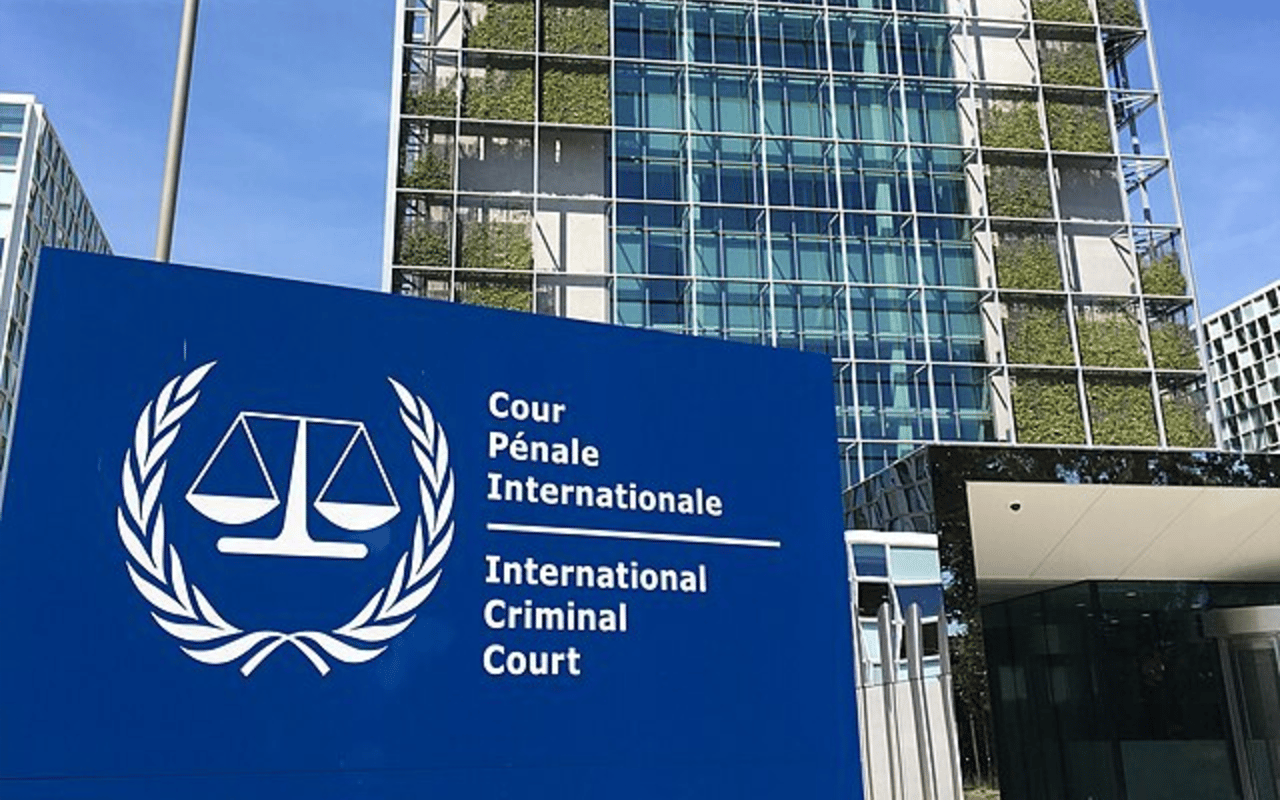- Squiz Shortcuts
- Posts
- Sudan's civil war explained
Sudan's civil war explained
Sudan’s civil war explained
A brutal civil war has been raging in Sudan for more than 2 years between the government’s forces and the powerful paramilitary group, Rapid Support Forces. In that time, there have been reports of genocide, ethnic cleansing and war crimes committed, but despite those horrors, the conflict has only recently gained widespread attention. Now a peace deal is on the table - but there’s a lot at stake… So in this Squiz Shortcut, we’ll get you across:
the background to the conflict
who’s involved
and what could be next…
Squiz the Shortcut
Why haven’t I heard much about the war in Sudan?
It’s been in the news over the past 2 years, but global attention has intensified in the past couple of weeks due to the plight of people in the city of El Fasher…
What happened in El Fasher?
The Sudanese Armed Forces (so, the government’s military) were overpowered by a paramilitary group known as the RSF… Reports say that since the retreat of government troops, there has been a massacre of civilians by the RSF soldiers who captured the city. And they can’t escape…
Why not?
The United Nations’ Human Rights Office says hundreds of thousands of civilians are trapped because the RSF has blocked escape routes, and it’s received “multiple alarming reports” and videos of RSF soldiers executing people who are unarmed and trying to get out.
What else has been reported?
One of the big things the UN is concerned about is reports that hundreds of people have been captured trying to flee the city, and it says “the likelihood of sexual violence against women and girls in particular is extremely high”.
What toll has the war already taken?
In around 30 months, it’s estimated that more than 150,000 people have died, while 12 million people have been displaced from their homes. On top of that, famine and disease are also factors in the death toll, which is why the UN says Sudan is facing “the largest and most devastating displacement, humanitarian and protection crisis in the world today.”
Just remind me where Sudan is again…
It’s a country in the northeast of Africa. If you can picture the continent of Africa in your mind, Egypt is up in the eastern corner, and Sudan is right underneath it. The Red Sea borders part of its northeast, and across that sea is Saudi Arabia.
What are its population stats…
Sudan’s population of around 50.4 million people is mostly Muslim, and even before the war broke out, it was one of the poorest countries in the world. But, even though it’s a nation that produces gold, its finances have become much worse since the war, with state revenue dropping by 80%, according to its Finance Minister.
So, what caused the war?
This conflict stems from tensions in the military that arose after the ousting of the long-time authoritarian President Omar al-Bashir… Al-Bashir himself came to power in a military coup in 1989 and ruled for 30 years with an iron fist. He came down especially hard on non-Arab rebel groups in the western region of the country known as Darfur.
What brought his rule to an end?
By 2018, Sudan’s economy was failing, and the people didn’t take kindly to the government tripling the price of bread and cutting fuel subsidies. There was a growing pro-democracy movement, and in 2019, the army mounted a coup, and al-Bashir was overthrown.
Who took his place?
A joint transitional government made up of members of the military and civilians was established, but that too was overthrown by another coup 2 years later. And the 2 military officers who led that coup as allies are now the 2 men on either side of the conflict today.
Got it… Who are they?
On the Sudanese Armed Forces side is General Abdel Fattah al-Burhan - he’s effectively the country's president. And on the other side is the head of the RSF, General Mohamed Hamdan Dagalo, better known as ‘Hemedti’ (meaning little Mohamed), who acted as al-Burhan’s deputy in those coups. The 2 of them had worked together on numerous military campaigns, but when it came to the formation of the military and who would run the country, they didn’t see eye to eye…
What did they disagree about?
Top-line: Al-Burhan wanted the 100,000-strong RSF to join with the army as one huge military force, but Dagalo wanted it to stay autonomous. It’s worth noting too that the RSF is made up of fighters from what’s known as the Janjaweed militia, who are accused of helping the former President al-Bashir with his brutal crackdown on rebels in Darfur from 2003 to 2005.
What crimes are they accused of?
Those militia - along with the al-Bashir Government - are accused by the UN’s International Criminal Court of acts of genocide and ethnic cleansing against the non-Arab population there. It’s claimed that they’ve killed around 300,000 people from ethnic groups, namely the Fur, Masalit and Zaghawa…
What else has the RSF been involved in?
As well as helping the Sudanese government in the past with military campaigns, the RSF has also helped nearby countries, Libya and Yemen, in their civil wars - in Yemen, they fought alongside the Saudi and UAE forces against the Houthis…
So, they’re a force for hire?
Exactly… And Dagalo has done well financially out of that. He’s reportedly a wealthy man, with control of some of Sudan’s gold mines… The Sudanese Government has accused him of smuggling gold to the UAE in return for their backing, but the UAE denies that.
How did the war break out?
Tensions in Sudan between the SAF and the RSF boiled over in April of 2023… The RSF deployed troops around the country, in a move the Sudanese Government took as a threat. Shots were fired - it’s in dispute who fired first - but the fighting escalated, and the RSF ended up taking control of the capital city, Khartoum.
What’s happened since then?
In addition to the death toll of 150,000 we mentioned earlier and the millions of people displaced from their homes, the UN estimates that about 21 million people are facing severe food shortages, with 375,000 nearing starvation.
What’s the situation in Khartoum now?
The capital was taken back by the Sudanese government forces (so, the SAF) in March this year, and they tried to say that it was a big win. But the city was left by the RSF as a burnt-out shell, and all the major infrastructure, like hospitals, government buildings and transport hubs, were destroyed…
Where do things stand as far as territory goes?
The RSF controls most of Darfur and another region called Kordofan, and it’s recently formed its own government… As we said earlier, the group captured El Fasher just over a week ago - that city was the last stronghold held by the government forces in Darfur - they’d held it under siege from the RSF for the past 18 months…
Just explain that a bit more…
The RSF had the city surrounded; they built a 57km earthen berm (or barrier) around the city that blocked food and aid from getting in, and people from getting out. As we mentioned earlier, since capturing the city, RSF soldiers are suspected of committing massacres there against non-Arab groups…
Is there evidence of that?
Yes… The World Health Organisation reported that 460 people were killed at a maternity hospital, and there are satellite images of the city that have been widely published in the past week showing what appears to be piles of bodies and the ground around them discoloured by blood.
Is it just the RSF accused of war crimes?
UN fact-finding missions have reported that the SAF has also allegedly committed war crimes and atrocities during the course of the war. And human rights groups are concerned that the fighting and targeting of civilians in this conflict from both sides is shaping up to be a repeat of the genocide already experienced by ethnic groups in Darfur under the al-Bashir regime.
Have there been international efforts to broker peace?
Yes… Nations under the Quad banner - they’re the US and its Arab allies of the UAE, Saudi Arabia and Egypt - have been trying to negotiate a peace deal between the sides for months. And, last week, at least one side accepted the terms of a Roadmap to peace put forward in September…
Which one?
On Thursday, the RSF signalled that it would agree to the Quad proposal - that involves a 3-month humanitarian ceasefire with a longer one to follow, and the implementation of a civilian government… But there’s been no word yet from the SAF as to whether it intends to accept the terms, too.
Has the SAF said anything?
Yes… When they received the Quad’s proposal, the SAF said the peace efforts were “welcome and appreciated”, but there has been no response since the RSF’s acceptance. But Reuters reports that the US is sweetening the deal…
How so?
They’ve reported that the US is offering to drop sanctions against Sudan and encourage investment in its mining sector if there’s a truce.
What if a truce doesn’t happen?
Analysts say the RSF is now in control of most of Darfur, and they say it could try to split Sudan into 2 parts, each controlled by separate armies. But, for the ethnic minorities left in Darfur, that spells an uncertain future. And there’s another factor making the humanitarian crisis worse…
What’s that?
The BBC reports that the US cutbacks on international aid have resulted in more than 1,100 emergency food kitchens being forced to shut. That’s 80% of them… And it’s fuelled frustration among humanitarian organisations and international think tanks, who have referred to Sudan’s war as the ‘forgotten war’.
What do they mean by that?
They mean it hasn’t gained anywhere near the attention of other conflicts going on in the world, but the casualty rates are far higher… The International Crisis Group think-tank is one of those. It’s called diplomatic efforts to end the war "lacklustre", and Amnesty International says the world's response has been "woefully inadequate".
Could El Fasher be a turning point?
As awful as it is, experts say it has taken a massacre and a humanitarian crisis for the West to take notice… As we mentioned, there’s a roadmap for peace on the table - and a lot of interest, globally, in the outcome.
Onto our Recommendations
Reading: This piece from the BBC about the RSF leader, Mohamed Hamdan Dagalo, is a good backgrounder about him and his business interests, including his family’s gold exporting company.
Listening: This episode of The Guardian’s podcast Full Story gives an insider’s viewpoint of what’s happening in the city of El Fasher.
Recent Shortcuts
Ask the Squiz |
The International Criminal Court |


